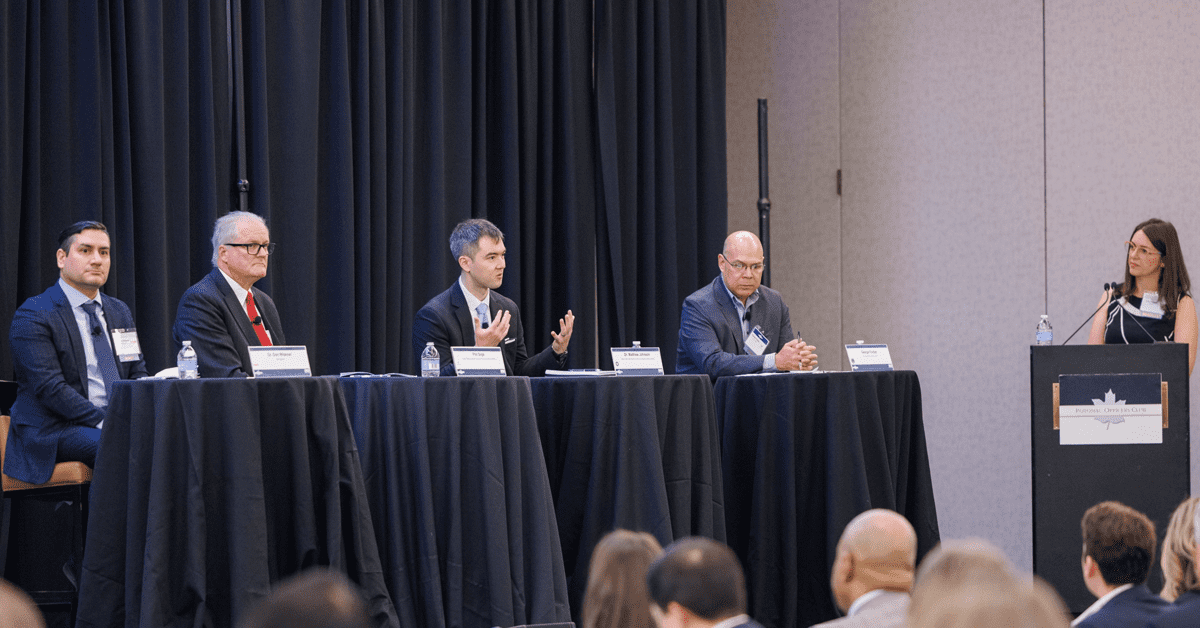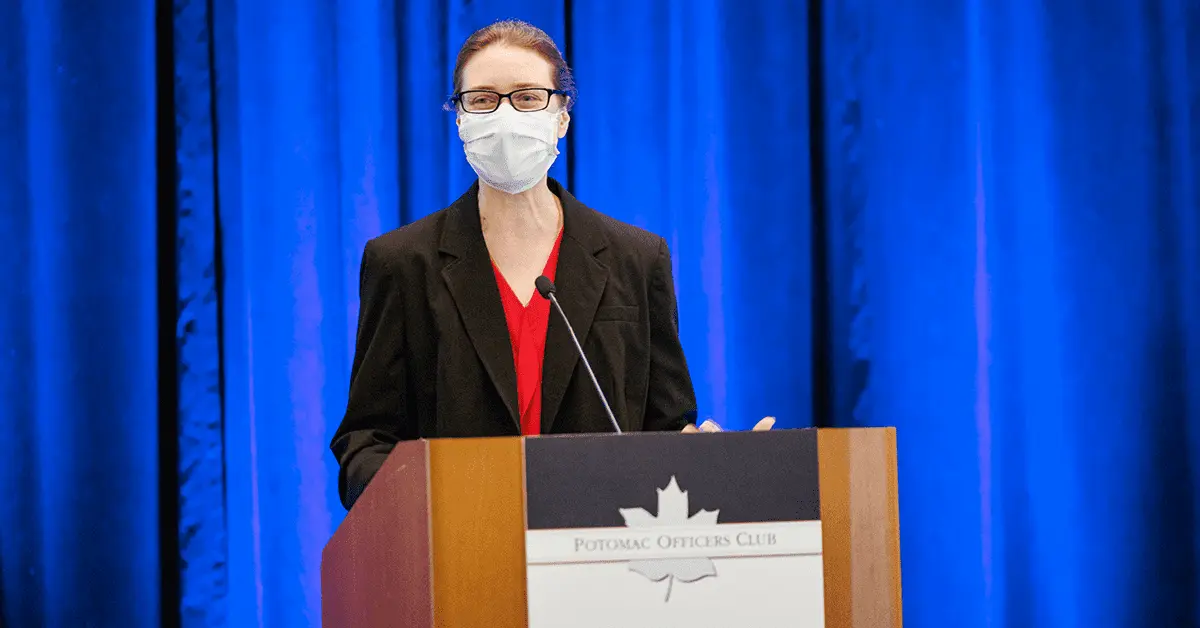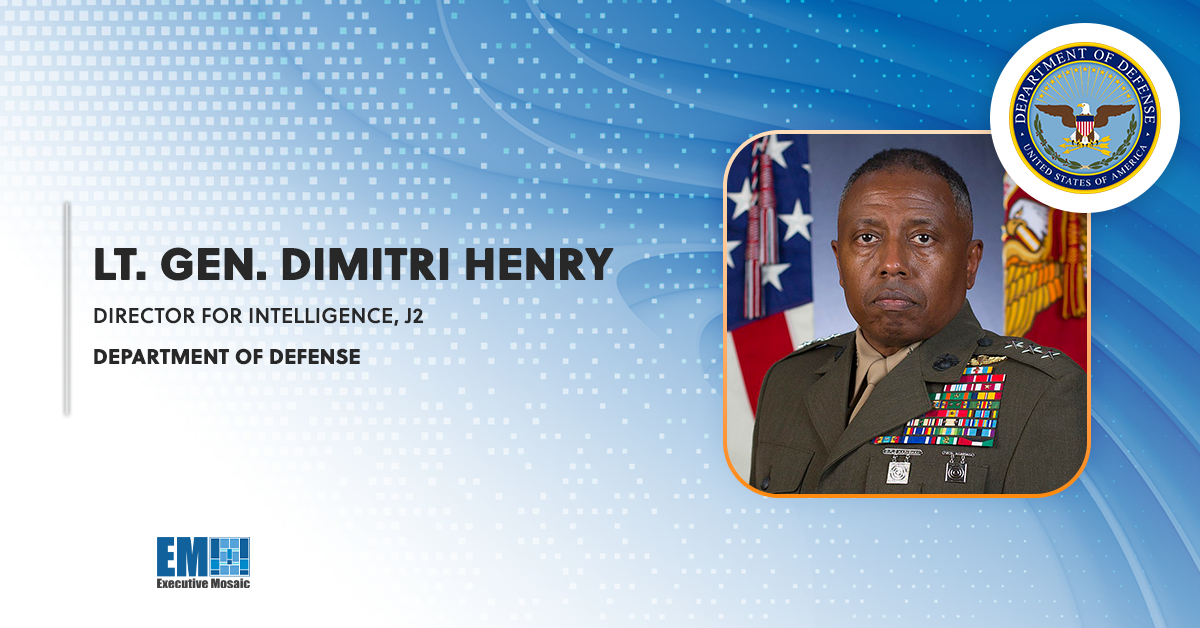While artificial intelligence is still a growing technology and comes with its share of risks and unknowns, some experts feel that the U.S. government is being too conservative about releasing information to the public regarding AI.
“I think we all recognize we do not want to put out and jeopardize information that’s important to the national security of the United States of America in the public domain…However, there are things that are important for us to put out there…that would help our airmen and guardians do things faster,” said George Forbes, director of digital operations at the U.S. Air Force. Forbes spoke on a panel discussion at the Potomac Officers Club’s 5th Annual AI Summit on Thursday.
Forbes is also chief information officer of the Operations Enterprise for the USAF. Hear from other knowledgeable government CIOs like Forbes at the Potomac Officers Club’s upcoming CIO Summit on April 17. Tickets are going fast—register here now!
Forbes went on to suggest releasing select items like analytical frameworks for intelligence, a.k.a. AFIs, or policy documents about AI, not necessarily for public use but at least into the public domain. He indicated that this would help with a more widespread understanding of the dimensions and nature of AI.
Fellow panelist Dr. Don Widener, chief technology officer of intelligence solutions at BAE Systems, similarly expressed that “the democratization of AI has its own challenges.” He cited a few ways BAE is attempting to respond to these impediments: the company established a robotic process automation organization about five years ago to train team members on how to integrate AI into daily practice.
“But with large language models, of course, the explosion of every employee having large language models and genAI at their fingertips, it’s been important to make sure that there’s appropriate training on prompt engineering and the like,” Dr. Widener shared.
Forbes said that a recent study found that 68 percent of the Air Force are under 32 years old, which means these service members and employees are digital natives and need a particular type of training not unlike the bite-sized videos and media found on TikTok, YouTube or Reddit to grasp how to use AI. He suggested doing away with cumbersome training manuals for this demographic and explaining in a way that people in this age bracket are more conversant — through “100 second” videos.
Dr. Matthew Johnson, acting chief of responsible AI within the Department of Defense’s Chief Digital and Artificial Intelligence Office, praised the work done in DOD components like the Air Force with AI “grassroots experimentation.” In the Digital University at the Air Force and in the CDAO’s recent AI Bias Bounties, components are harnessing the massive DOD workforce — “the largest employer in the world,” per Johnson — to help detect bias in AI systems and “submit solutions.”
“This kind of crowdsource through grassroots approach to auditing systems or models is something that we’re really looking to kind of be a pathfinder for and see how that can scale,” Dr. Johnson remarked.
Booz Allen Vice President Holly Levanto moderated the panel and Phil Sage, chief AI architect in the special mission area at Johns Hopkins University Applied Physics Laboratory also participated.

Potomac Officers Club events are always hubs for lively discussion about important topics directly affecting the government contracting industry. Register here to attend the next big event on POC’s schedule, the April 17th CIO Summit! You won’t want to miss this one, as it’s packed with speakers from the DOD, CISA, ODNI, DOE and more!







